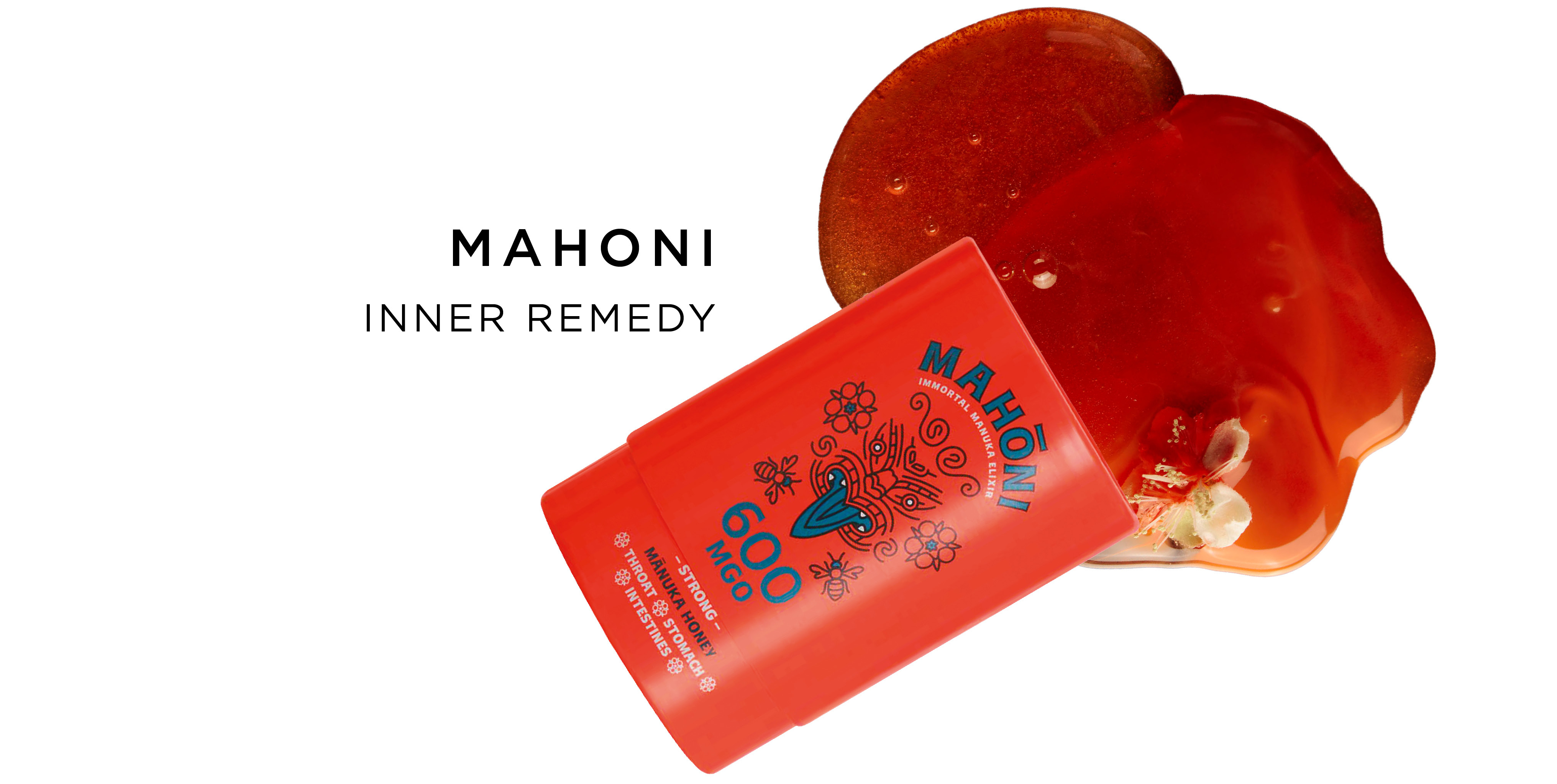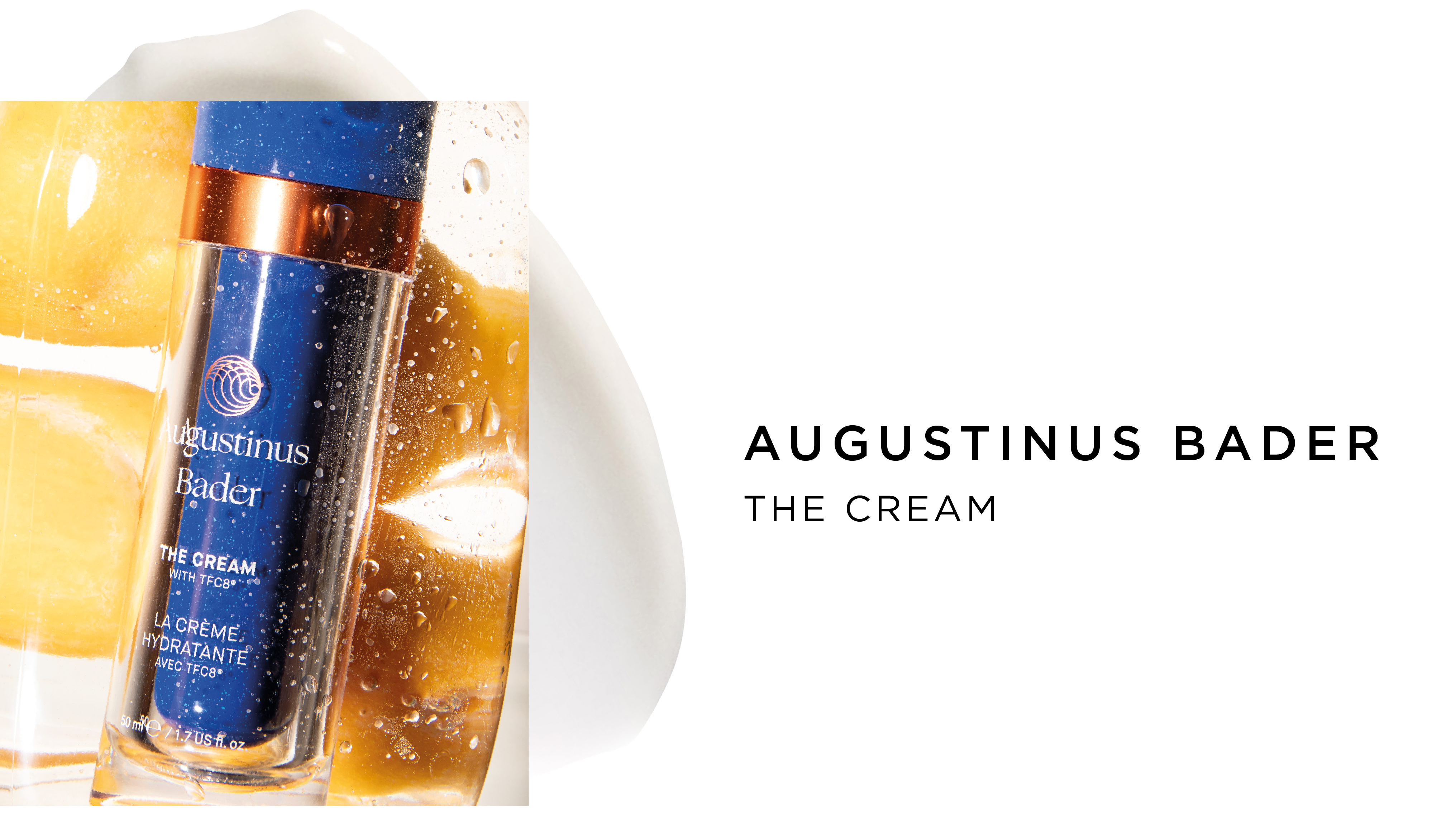Live Long, Live Well
Interview with Nils Behrens

According to studies, people’s life expectancy is on the decline again due to a poor lifestyle: what are the causes?
The causes of the decline in life expectancy are as varied as the excuses for skipping the gym. They range from an unbalanced diet and lack of exercise to stress and the consumption of alcohol and tobacco. These factors promote chronic diseases such as cardiovascular disease and diabetes, which can shorten life expectancy. By the way: Did you know that the "Standard American Diet" is abbreviated to SAD? And not without reason.
Which foods have a life-prolonging and health-promoting effect?
Foods that have a life-prolonging and health-promoting effect mainly include fruit, vegetables, wholegrain products, nuts and seeds. Fats from high-quality sources such as olive oil and fish are also important. The more colorful the plate, the better.
Is sugar a no-go?
Well, sugar has a pro-inflammatory effect on our bodies, promotes weight gain and increases the risk of a variety of diseases, including type 2 diabetes, heart disease and certain cancers. It can also lead to insulin resistance, which impairs metabolism and accelerates the ageing process. Let that melt in your mouth, please: SUGAR MAKES YOU OLD!
So a poor diet also promotes (skin) ageing?
Absolutely, but in addition to diet, smoking, excessive alcohol consumption, lack of sleep and inadequate sun protection also play a role. All of these factors can cause oxidative damage and inflammation in the body, which breaks down collagen and elastin and causes wrinkles on the face faster than an origami artist under time pressure.
Fasting has now mutated into a trend, but it also has a good study base. To what extent can it increase longevity?
Fasting, especially intermittent fasting, can increase lifespan by promoting processes such as autophagy, in which cells break down and recycle damaged components. Studies even suggest that fasting can reduce the risk of chronic disease and improve brain health, potentially contributing to life extension. The fact is, every living thing in the world lives longer when it eats less.
Longevity advocates swear by spermidine, which can even be supplemented. What do you think about taking dietary supplements?
Basically, I'm totally open to it. But only as long as supplements are based on scientific findings and the quality is right. Spermidine, a polyamine that supports cellular renewal processes, can be useful as part of a holistic approach to promoting health and longevity, but should not be taken in isolation. It also contains gluten, which is below the tolerance threshold for good manufacturers.
Your 3 wellbeing essentials in everyday life?
Use physiological sigh breathing: start by taking a deep breath in through your nose, followed by another short breath in to bring some more air into your lungs. Now exhale slowly through the mouth... This technique calms the nervous system and promotes relaxation.
If you could only give ONE piece of valuable advice to the whole of humanity, what would it be?
Live your life in a way that your 80-year-old self would want to high-five you. Be friendly, exercise, laugh a lot, eat colorful food and love life. Because at the end of the day, it's the only thing we have.




